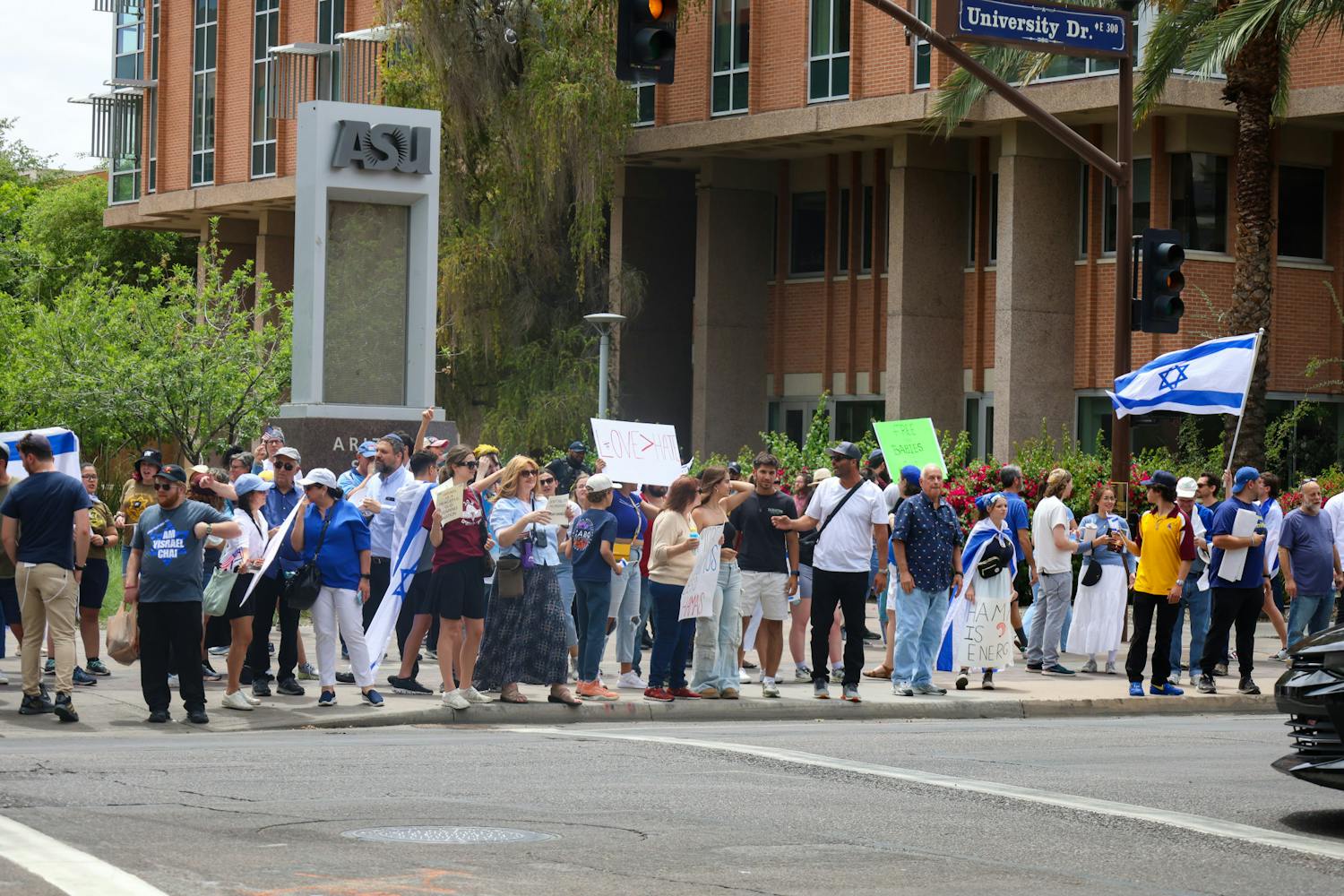A study by the International Labor Organization has shed light on a problem Arizona students may already be familiar with — youth unemployment.
According to the ILO, a research arm of the United Nations, the global youth unemployment rate increased from 11.9 percent in 2007 to 13 percent in 2009. The ILO estimated that 81 million of the world’s 620 economically active youths ages 15 to 24 could not find a job.
Comparatively, the U.S. Bureau of Labor Statics reported a much higher number for American youth unemployment in 2009. Unemployment among Americans ages 16 to 24 was 18.5 percent in July of 2009. The bureau estimated that 4.4 million youths were unemployed in that period, compared to 1 million in July 2008, an unemployment rate of 14 percent.
Youth unemployment remaining at this high of a level could have very potent side effects on the future economy, said Arthur Blakemore, chair of the economics department at ASU. It denies young people vital experience when they need it, making it much harder for them to move up in their careers.
“What economists worry about is that [youths] don’t get the type of on-the-job training that becomes so valuable in their career over time,” Blakemore said. “It’s important that they get that first job as early as they can.”
Students like Maritza Castillo, are learning firsthand how vital early work experience can be in mapping out their future.
Castillo, a criminal justice freshman at Phoenix College, left a job with the U.S. Census Bureau in the spring. Castillo applied for seven different jobs with more long-term potential and was turned down by all of them.
Castillo said she was forced to turn down attending ASU because of her inability to find a steady job to pay for tuition.
“My parents make a certain amount (of money), so I didn’t get any financial aid,” Castillo said.
She said she is using her savings from past jobs to pay for her community college tuition.
According to the ILO, this isn’t unique. Sara Elder, the author of the report, wrote that the lack of employment contributes heavily to idleness in youth, which can set back the education system on the whole.
“Societies lose their investment in education,” Elder said in a press release.
Though the complexity of the economy means that fixes for problems such as these can be very hard to implement, some economists think a change in the mindset of students could go a long way.
“Don’t always look for the perfect first job,” Blakemore said. “Take what’s out there, and do what it takes to get that first experience.”



